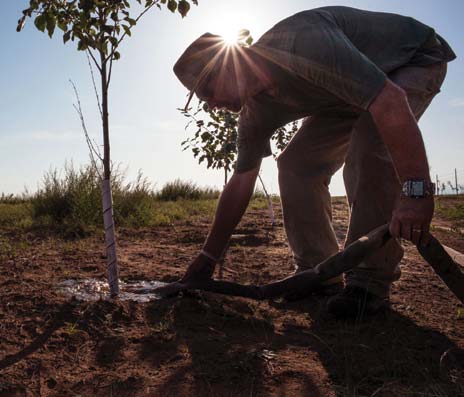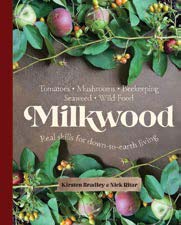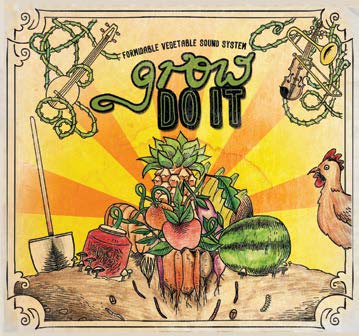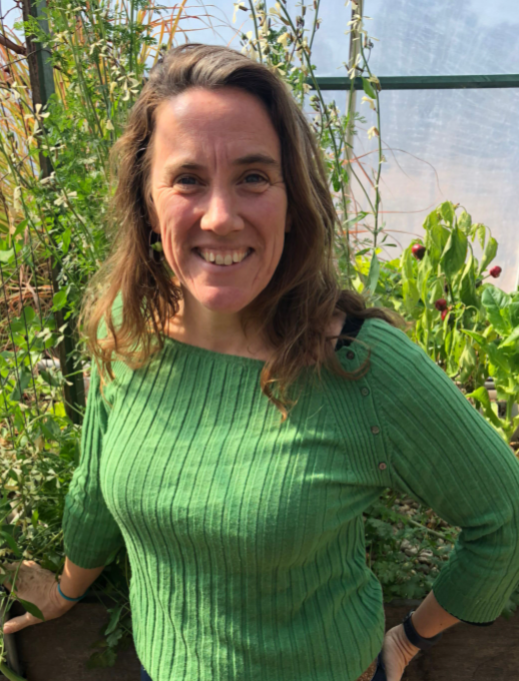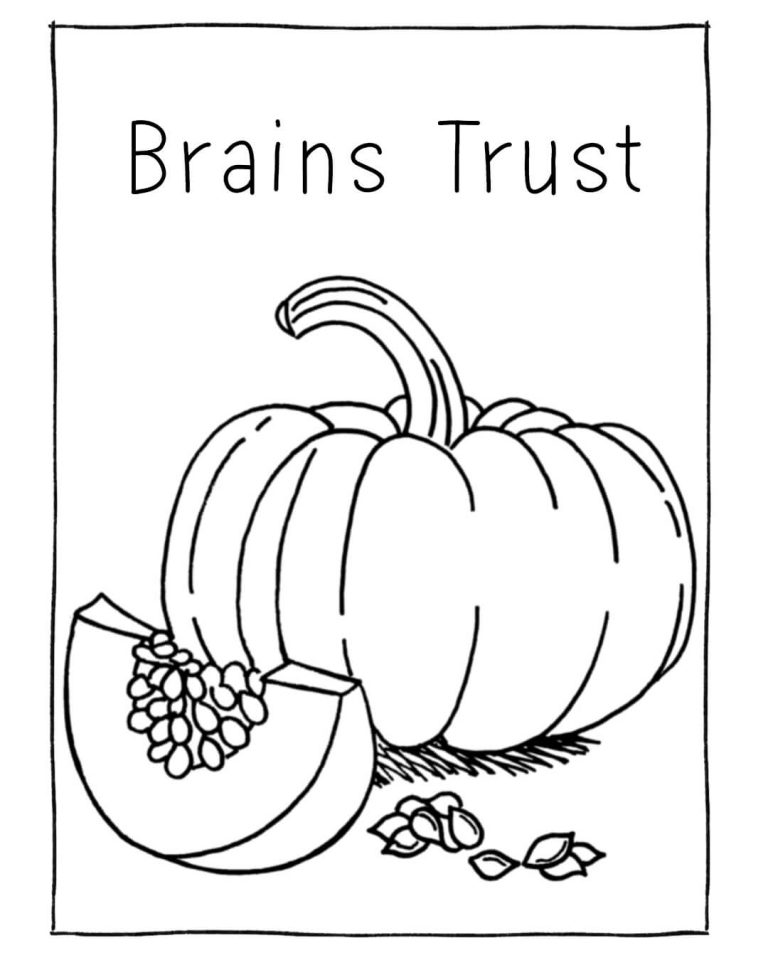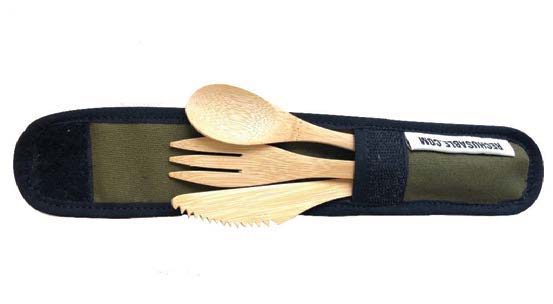Noticeboard
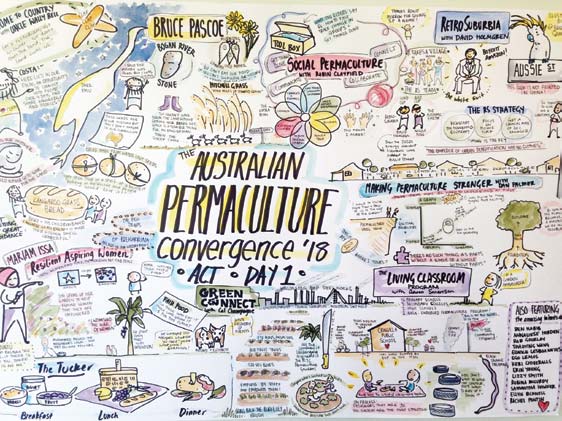
Save the date! On Sunday 19th April 2020, the next APC will begin with a Permaculture Festival open to all at Northey Street City Farm in Brisbane. Then, for those who have completed a Permaculture Design Course (PDC), conference talks, workshops and more will be held from Monday to Thursday 20–23 April 2020 at Redland Bay South Moreton Bay (35 mins from Brisbane—accessible by public transport). Tours of Northern NSW and Southeast QLD will follow the convergence.
APCs are held every two years with a changing location around Australia or New Zealand. Attendees from Australia, New Zealand and Asia come together to share their permaculture journeys, share best practise in sustainable living and share the positive change permaculture has to people’s lives around the world. APC is supported and run by Permaculture Australia.


